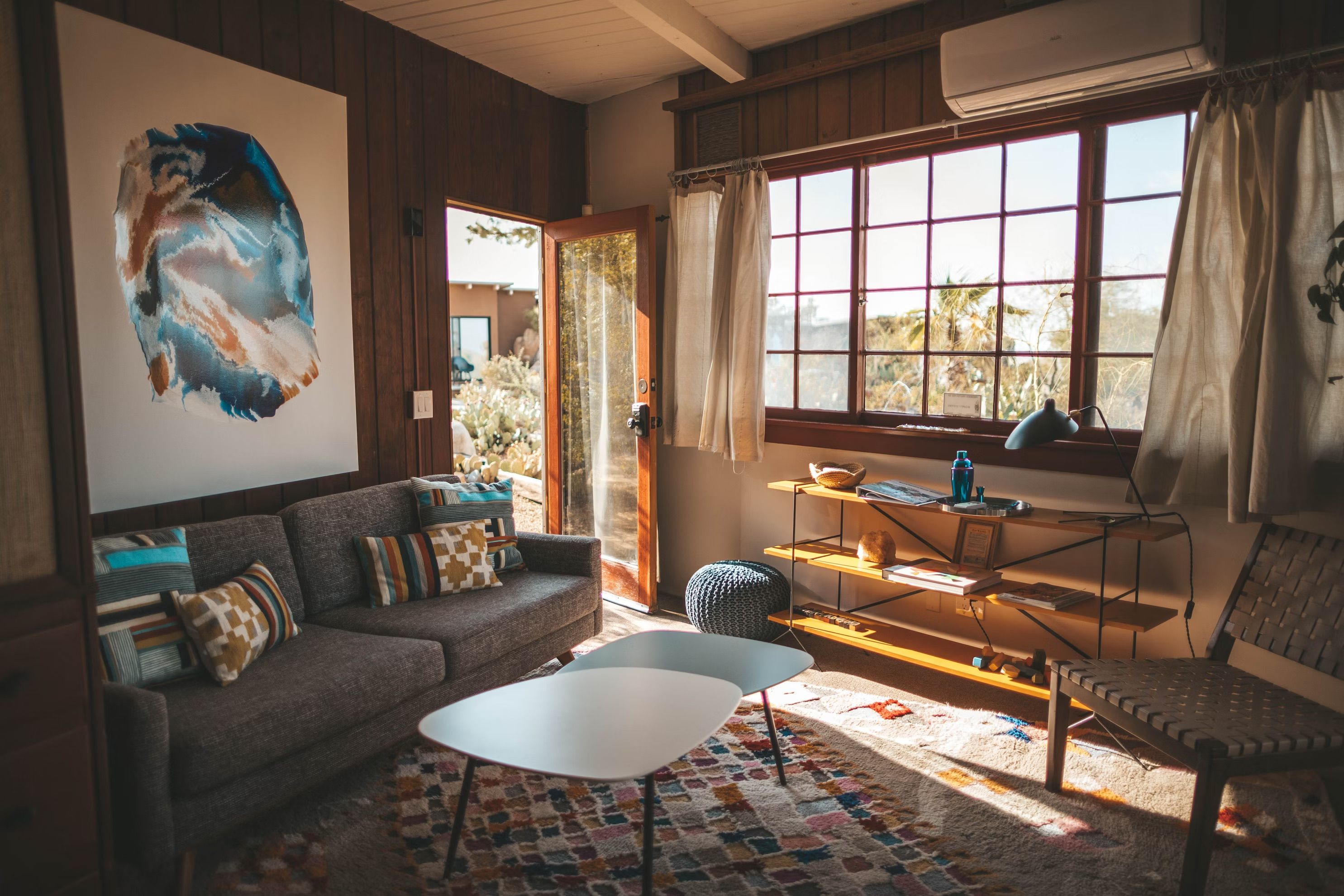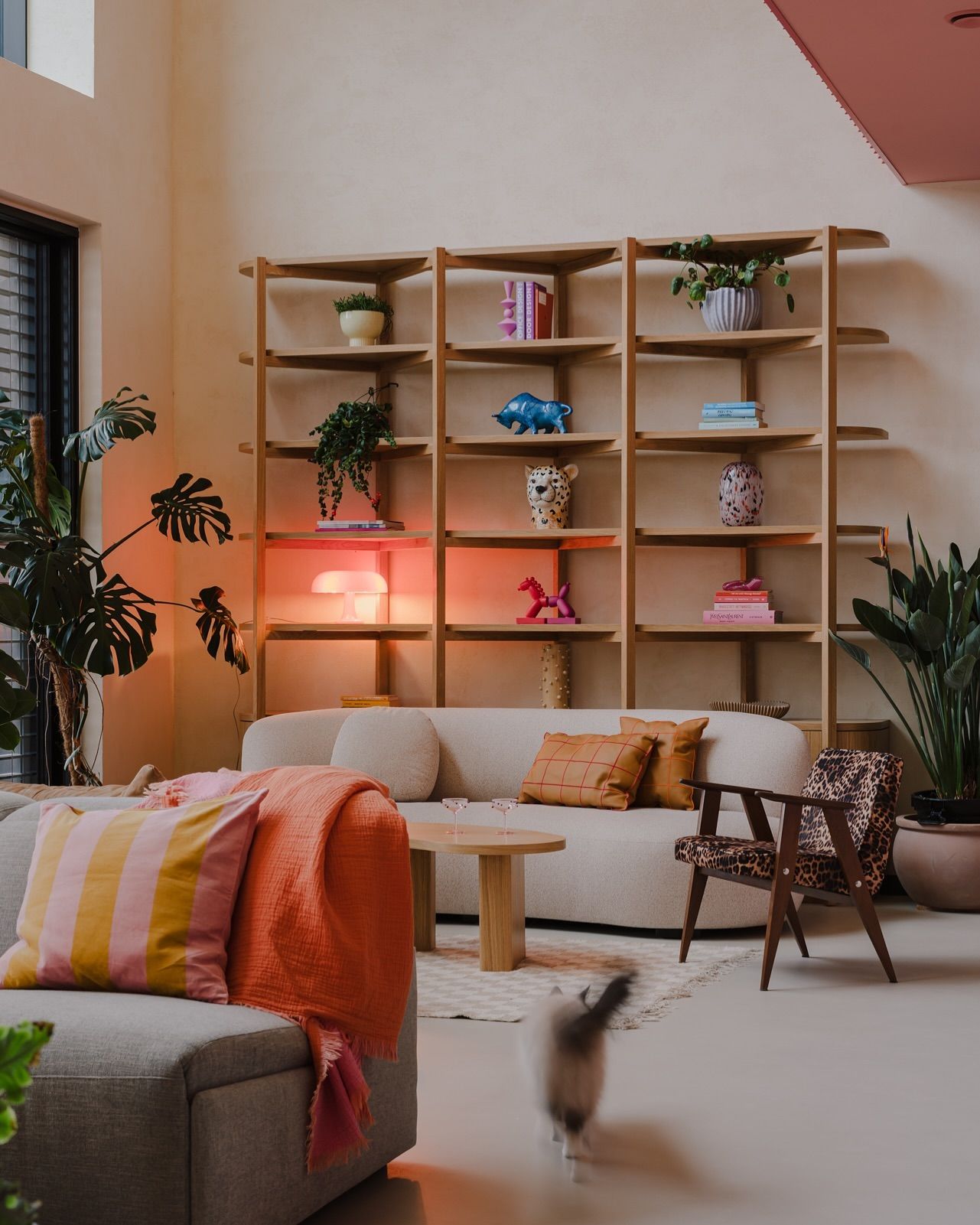Discover Walls & Ceilings
Spoken matches walls and ceilings across 100s of stores to find you the best price.



Quick facts
Can't find the answer you're looking for? Please get in touch with our friendly team.
Can you panel a wall without drywall?
Yes, you can panel a wall without drywall. Options include using plywood, MDF, or paneling directly over existing surfaces like plaster or concrete. Ensure the surface is clean and smooth for best adhesion. Choose suitable adhesives or fasteners based on the material you select.
What goes between wall and ceiling?
Typically, a crown molding or cornice is installed between the wall and ceiling. This decorative trim adds elegance and can help conceal gaps or imperfections. It comes in various styles and materials, allowing you to enhance the overall aesthetic of your room.
What is the joint between the wall and ceiling called?
The joint between the wall and ceiling is called a cornice or crown molding. This decorative trim helps to create a finished look, hides imperfections, and can add character to a room. It comes in various styles and materials to complement your interior design.
What is it called between wall and ceiling?
The area between the wall and ceiling is commonly referred to as the 'crown molding' or 'cornice.' This decorative trim adds visual interest and can enhance the overall aesthetics of a room by creating a smooth transition between the wall and ceiling.
Should walls and ceilings be different colors?
Yes, walls and ceilings can be different colors to create visual interest and depth. A lighter ceiling color can make a room feel taller, while a darker wall color can add warmth. Choose colors that complement each other for a cohesive look.
What is walls and ceilings?
Walls and ceilings are the vertical and horizontal surfaces that define the interior space of a room. Walls support the structure and provide privacy, while ceilings cover the upper area, influencing the room's height and overall design. Both can be decorated with paint, wallpaper, or molding.
Category Overview
Introduction
Walls and ceilings serve as the backbone of any home, offering essential support while enhancing overall comfort and aesthetics. They define spaces, provide insulation, and create a backdrop for your interior design choices. From cozy evenings spent in a well-lit living room to tranquil moments under a beautifully crafted ceiling, the influence of walls and ceilings on everyday life is profound. Not only do they enhance utility and functionality, but they also elevate décor styles, allowing you to express your personality within your own space.
Functionality
The primary functions of walls and ceilings are multifaceted. In living rooms, they act as structural elements that dictate layout options; in kitchens, they support cabinetry and appliances while facilitating ventilation. Ceilings can influence acoustics in entertainment areas while providing overhead illumination. Unique features such as vaulted or coffered ceilings can add character to dining rooms or entryways. Additionally, wall placements can optimize flow in smaller spaces or create intimate settings in larger ones.
Design & Style
When it comes to styles and materials for walls and ceilings, there’s an abundance of choices available—wood paneling imparts warmth, metal adds a modern touch, while fabric can introduce texture into a room. You might opt for rustic reclaimed wood for a farmhouse vibe or sleek drywall for minimalist aesthetics. Personalization is key; consider how painted accent walls or textured wallpaper can complement your existing décor themes like contemporary chic or traditional elegance. Finding the right balance between style and functionality is vital—after all, nothing transforms a space quite like thoughtfully designed walls and ceilings.
Practical Considerations
Selecting the right walls and ceilings requires careful consideration of several factors: room size influences material choice; durability becomes crucial in high-contact areas like kitchens or hallways; while design preferences should align with overall home aesthetics. Common pitfalls include neglecting the impact of color schemes on light reflection or overlooking soundproofing needs if you live in a busy environment. Maximizing functionality might involve incorporating built-ins along your walls to save floor space—a thoughtful approach that combines utility with style.
Comparison and Alternatives
When choosing materials for your walls and ceilings, weigh the pros and cons: wood offers natural beauty but may require more maintenance than metal finishes that provide sleek durability at a lower upkeep cost. Round versus rectangular designs can also influence both visual flow and functional use—consider how different shapes affect traffic patterns within a room when making decisions about fixtures like light sconces or shelving units.
Trends and Popular Items
Current trends highlight the popularity of statement ceilings—think bold colors or intricate moldings—as homeowners seek to make their spaces uniquely theirs. Textured wallpapers are also experiencing resurgence alongside eco-friendly materials that appeal to environmentally-conscious consumers looking at sustainable living options without sacrificing style (e.g., reclaimed wood beams). As mid-century modern designs continue to captivate audiences looking for timeless yet contemporary appeal, these trends reflect an ongoing evolution within interior design choices centered around walls and ceilings. By understanding how walls and ceilings contribute not just structurally but aesthetically to your living spaces, you’ll become empowered to make informed decisions that enhance both comfort and style throughout your home.